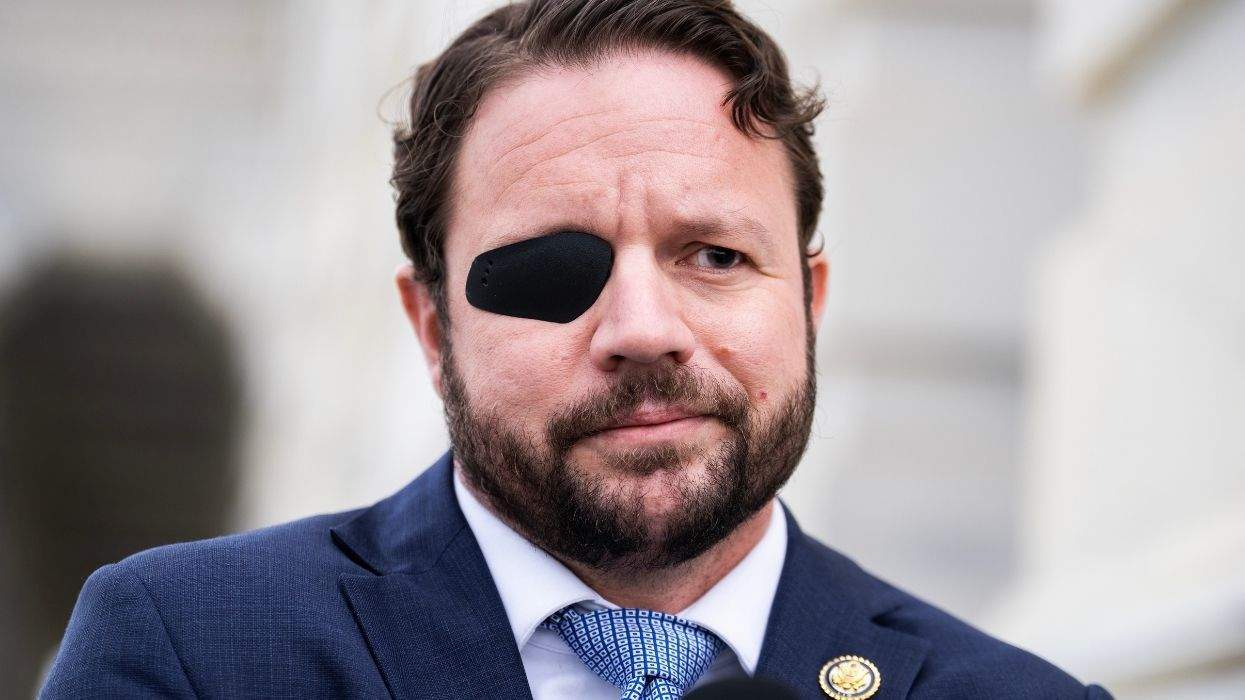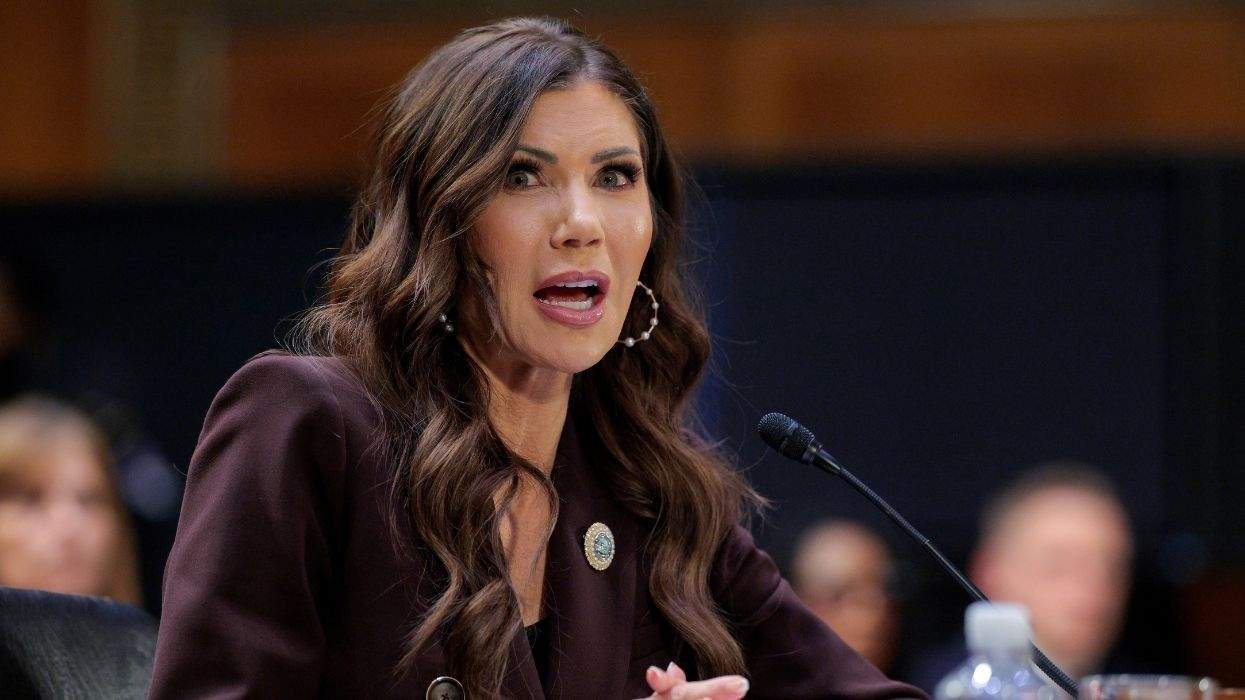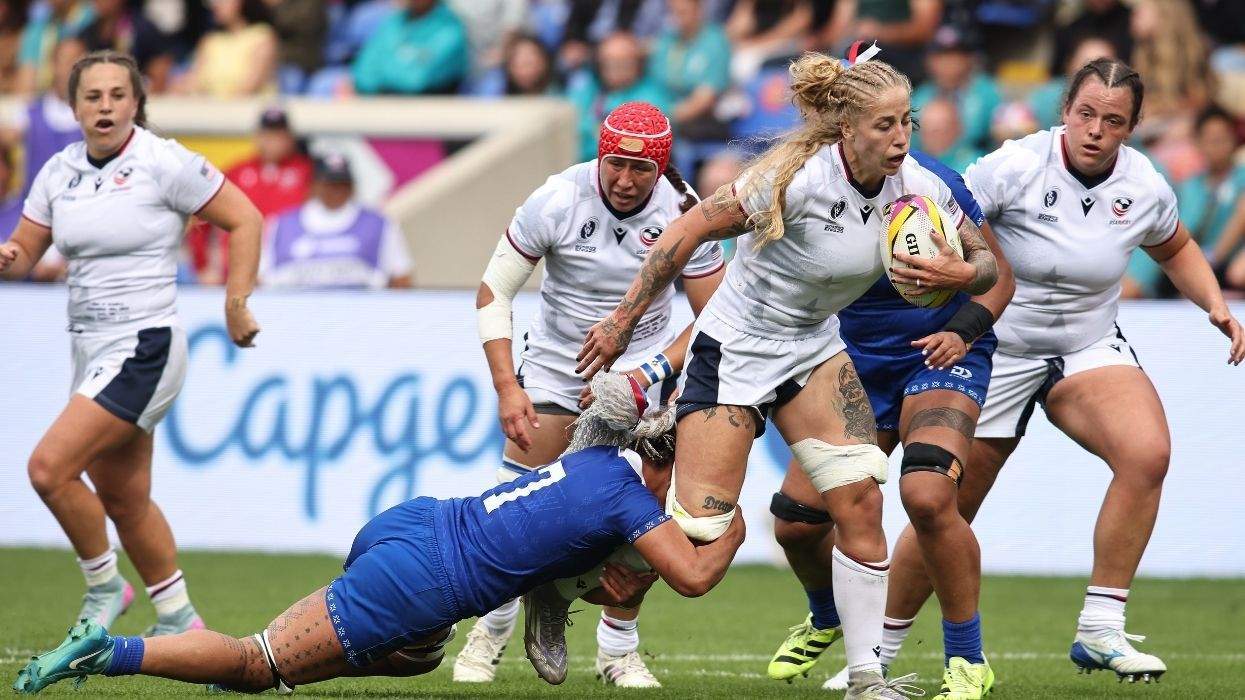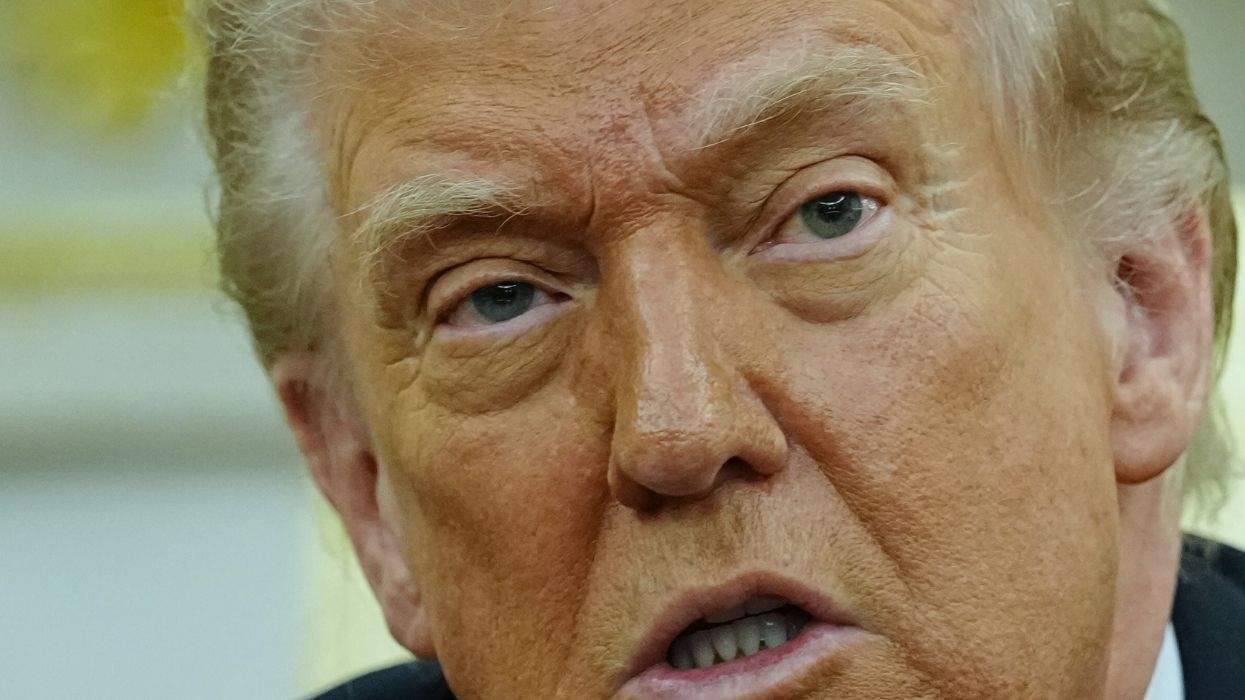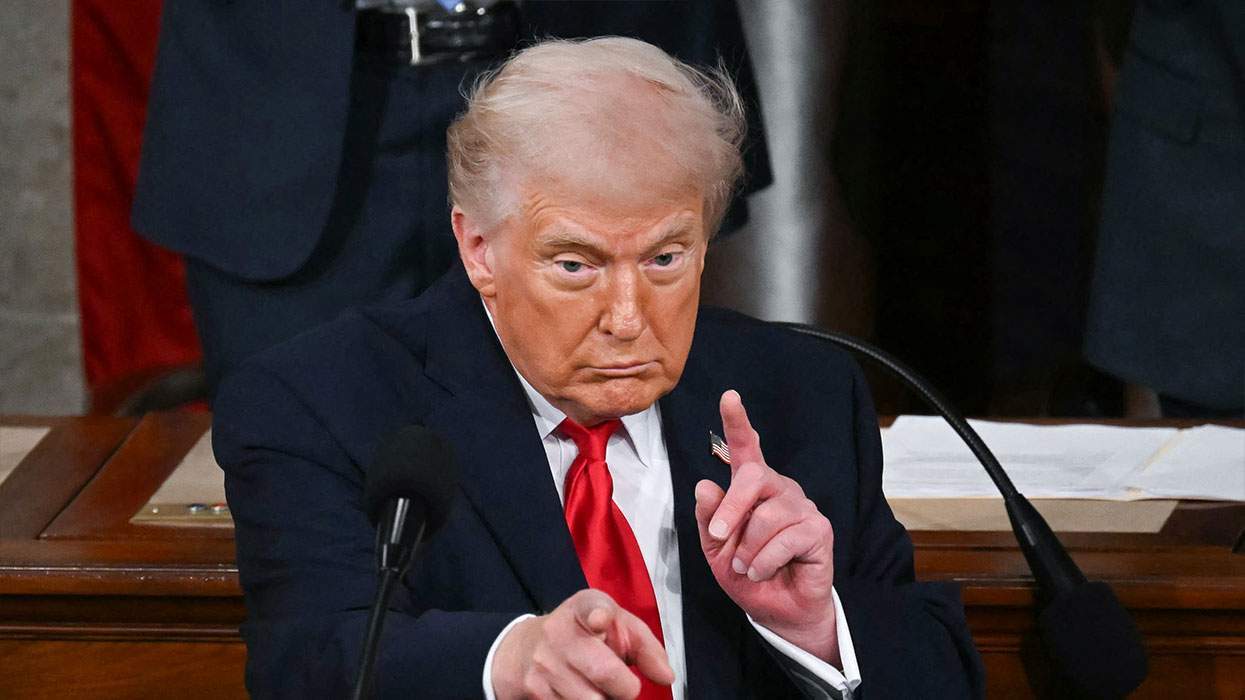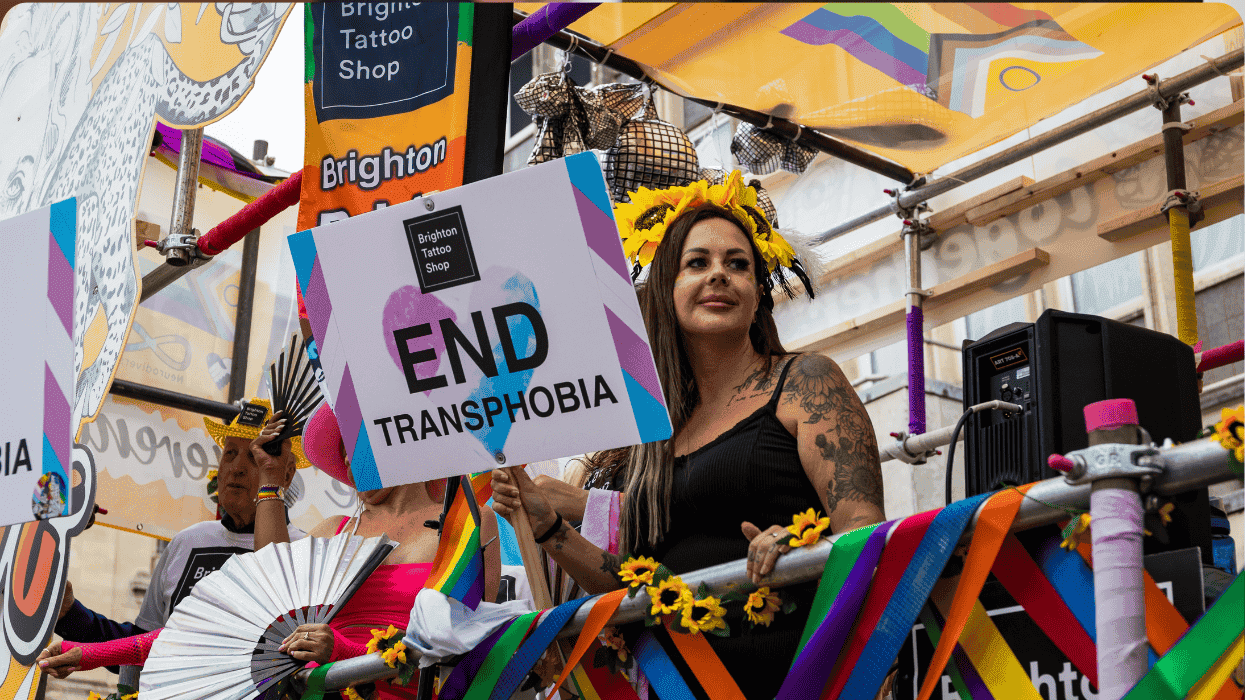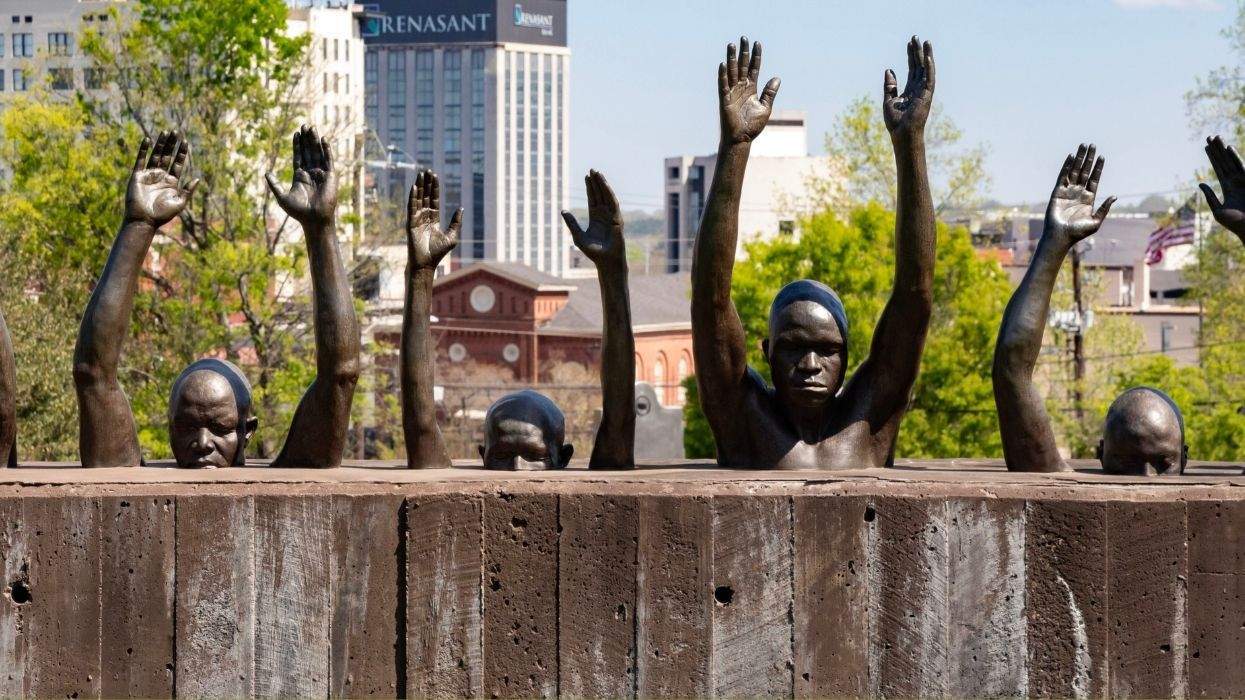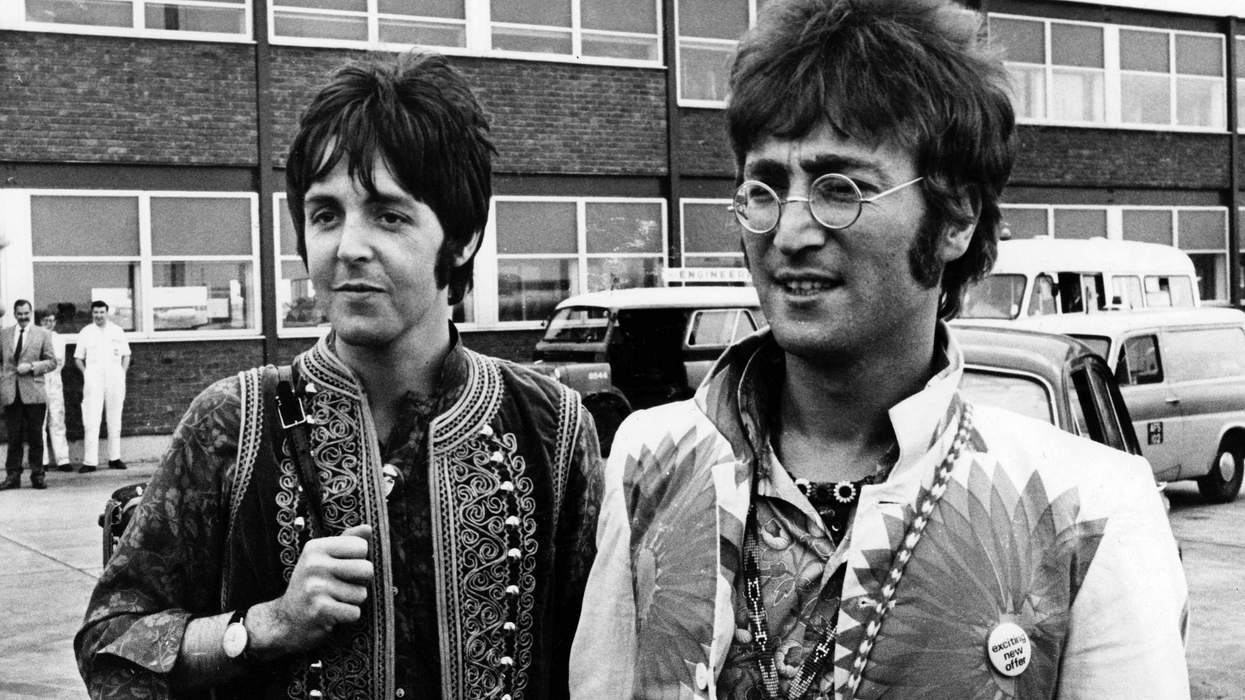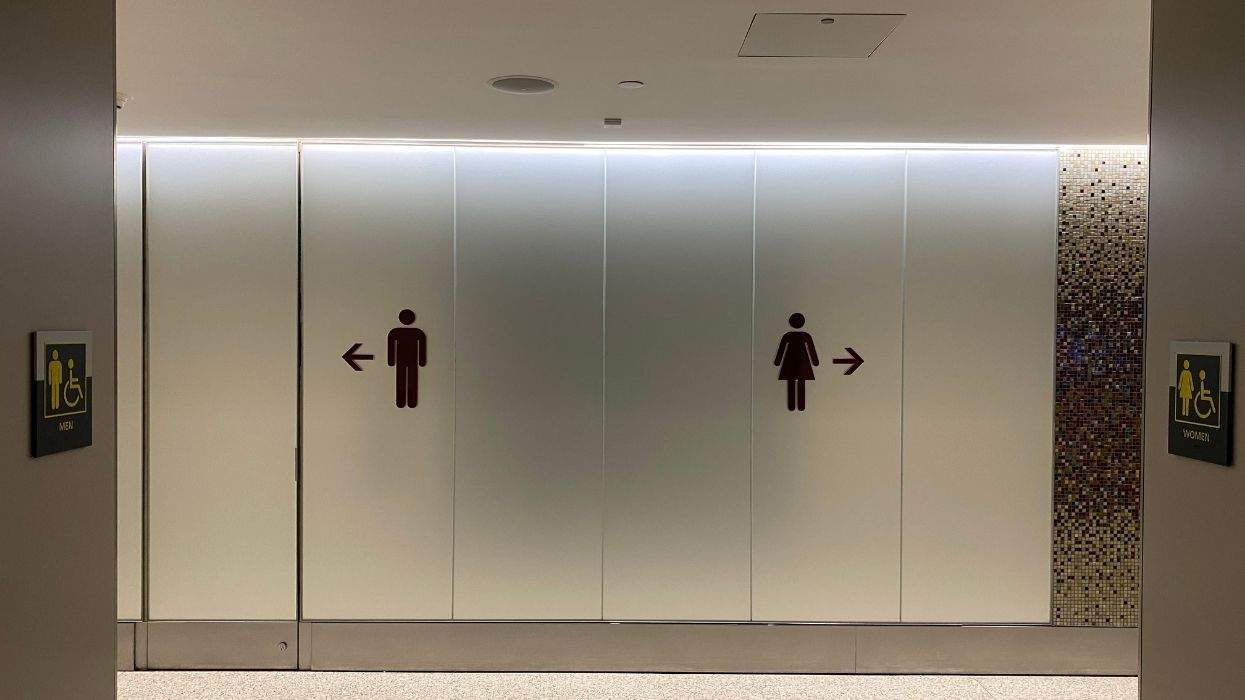I was returning from a long run around Central Park on a warm summer day in 2012, and I was walking down Ninth Avenue, through Hell's Kitchen, cooling down on the way home, still with my shirt off. The late Brooke Astor, a stickler for decorum, once said that men walking through the streets of Manhattan sans a shirt were offensive. I was just hot.
As I approached 56th Street and Ninth Avenue, a black Lincoln Town Car stopped alongside me, the back door flung open, and former New York City Mayor Ed Koch got out. I immediately locked eyes with him, and he checked me out up and down. To me, he seemed thrilled to see a bare-chested man.
"Hello, Mr. Mayor, nice to meet you," I said in a sprightly manner. "How ya doin'?" he shot back with a big grin. And I returned with my signature line, "I'm only good if you're good." He chortled and then walked gingerly down the steps to Bello restaurant, a fixture on that corner for over 30 years.
Ed Koch was a fixture in New York City long after he left office, after three terms, in 1989. He was ubiquitous in the city, seemingly everywhere all at once, for more than 20 years after he was mayor. What surprised me the most when I ran into him was how tall he was. I always thought of Koch as a small man, physically and metaphorically.
The New York Times over the weekend posted an in-depth story, "The Secrets Ed Koch Carried," about the former mayor's struggles with coming to terms with his sexuality. He was from a generation that was averse to being open about being gay and chose to hide it rather than be honest about it, much to his detriment.
During his time in public life, he made comments such as "I'm not a homosexual" and "I am a heterosexual." I don't think he fooled many people. When he ran for mayor the first time against Mario Cuomo, campaign signs were strung throughout Cuomo's home borough of Queens that said, "Vote for Cuomo, not the homo." Cuomo denied he had anything to do with that.
After I met Koch, I returned home, and I remember telling my partner, "That man is in his late 80s. It must have been excruciating to hide in the closet all those decades." I added, "I don't know how I feel about him. In some ways I feel sorry for him, but I know that he basically hid during the AIDS crisis, and that's a tough pill to swallow."
Back in the late '70s, Koch, who was in his 50s by then, was in no mood to talk about the secret that he carried. He beat Cuomo and went on to be reelected twice. He tried a ruse on the public by campaigning with former Miss America Bess Myerson. She was Jewish, like Koch. The same age as Koch, and she was born and raised in New York City, like Koch. While publicly they made a rather odd pair, at least on paper they were a perfect Hinge match.
Koch was notoriously outspoken, bombastic, a braggart, and quite a bullshit artist. He was known for frequently taking the subway, asking riders, "How am I doin'?" and even getting into verbal scraps with his constituents. He was the city's biggest cheerleader, and played the part of a verbose New Yorker: scrappy, a fighter, no-holds-barred, and huffing and puffing about working hard for every person in the city.
Except that wasn't necessarily true. It seems like a bitter irony now, but when the AIDS crisis began to tear apart the queer community in New York City in the mid-to-late 1980s, a closeted gay man was leading the city. I've read several books and seen lots of documentaries about what was transpiring during that time. How the city's gay men were dying in droves, and how the city's closeted mayor, famous for being a fighter, walked away, for the most part, from this fight.
The Times article points out the obvious, that he didn't want to align himself too closely to something that was a gay issue and that might force him to come out of the closet. Larry Kramer certainly tried to do it, by calling out the fact, in stealth terms, that more needed to be done by the gay mayor in chief. Koch was all about ego, and if history is any guide, he let his ego get in the way of forcefully addressing the crisis when it began.
It's for this very reason that while Koch was irritatingly lovable in his own way, he seemed irritated by the HIV epidemic, and for a man who was always out and about with the people in the city, and with all the issues that befell New York during his years in City Hall, he hid from the sickness and death of gay men, which should have been issue number 1 for him.
Protesters went after Koch at the time, charging "AIDS care's ineffectual. Thanks to Koch, the heterosexual" -- riffing on Koch's less than forthright comment about himself at the time.
The Times story pointed out that he shared an apartment building with the late Kramer, who mumbled to his dog about "the man who killed all of Daddy's friends" when they passed in the lobby. I can't imagine that comments like that didn't sting Koch to the bone.
More recently, there's been an effort to remove Koch's name from the Queensboro/59th Street Bridge, as the New York Post reported over the weekend. In March of 2011, then-Mayor Mike Bloomberg bestowed that honor on Koch. Many Democratic LGBTQ+ groups feel that Koch's name on the bridge is an affront.
The LGBT Democratic Club this month sent out a survey asking local politicians, "In view of the fact that Ed Koch has been documented to have caused the deaths of hundreds of thousands of people with AIDS, and was blatantly racist, would you support a city bill to rename the former Queensboro Bridge?"
Granted, as the Times article noted, he signed legislation banning discrimination based on sexual orientation, appointed gay City Hall administrators and judges, and became the first mayor to march in New York's gay Pride parade. But was all this a distraction by Koch for what he didn't do while gay men in the city were dying?
For someone who cared deeply about how he was perceived, one wonders how Koch felt about all the hatred toward him regarding how he handled the AIDS crisis, and how he was perpetuating the lie that he was straight the whole time. He must have felt like a toy on the island of misfits. How would he ever be welcomed into a community that he basically shunned? He must have had some overriding sympathy that caused him grief? Doesn't seem so. Compartmentalizing, as some said Koch was good at, isn't a good attribute when focusing on sick gay men was a non-starter.
The Times article becomes sympathetic to Koch when it reflects on his long-held feelings of loneliness, from his days at Gracie Mansion, where his only company was the residence's help, to his final days, when he regretted never having found a life partner.
Perhaps Koch had two regrets, his lack of a relationship and his lack of leadership with the AIDS crisis. I am sure there was an abundance of heaviness that followed Koch all through his life about his sexuality. During the years he was mayor, you can be sure that even in liberal New York City, being gay was still a scarlet letter. And at that time you either loved Koch or hated him. Koch coming out of the closet would have presumably put more people in the latter category.
Also at that time, if you were gay and you came out, you were assumed to have HIV. That's just the way people thought back then. It's why most of us didn't come out during that period. Being gay, to many, was just a death sentence. If you did come out, to your parents let's say, their first reaction wasn't "We love you" but "We're worried about you." To many of us, only the bravest of the brave stepped out of the closet during that time.
However, leadership is about being bold, and while many may have thought of Koch as bold, he failed that test by not coming out boldly and putting it all on the line by being more aggressive during the height of the epidemic in the '80s.
Even when society became more accepting of gay men while he aged, Koch wouldn't budge on coming out. Was it because it was something men of his generation never felt comfortable about doing? Or was it because he had so much guilt about what he could have done about HIV as an out gay mayor that he couldn't bring himself to tell the truth?
We'll never know the real secrets and motives of Ed Koch.
John Casey is editor at large for The Advocate.


